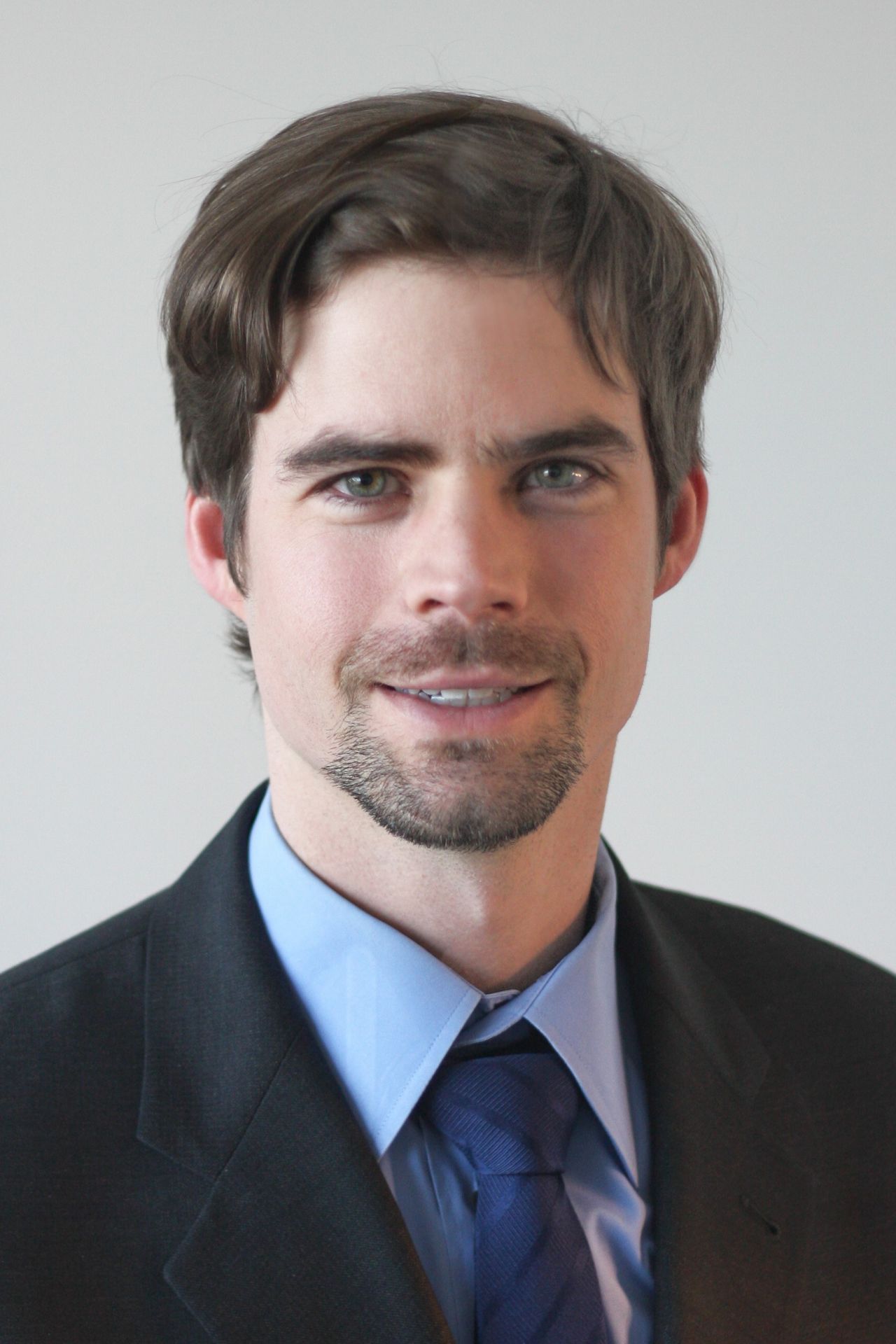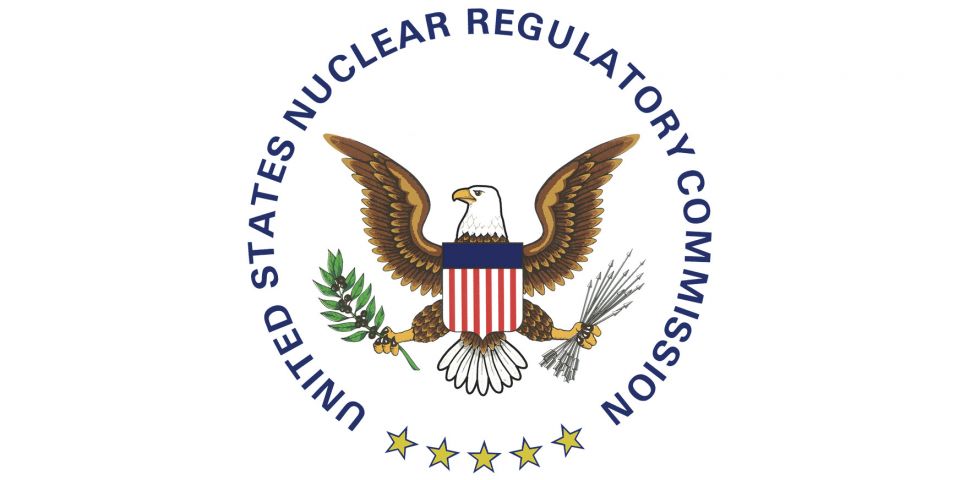Snouffer named 2021 ANS Congressional Fellow

Snouffer
Patrick Snouffer, a senior nuclear engineer at Bechtel National who has worked on Hanford’s Waste Treatment Plant and on initial design work for the Versatile Test Reactor, will take on a new type of assignment in January 2021.
The basics: Snouffer, an ANS member since 2010, was selected during the 2020 ANS Virtual Annual Meeting to serve as the 2021 ANS Glenn T. Seaborg Congressional Science and Engineering Fellow. As congressional fellow, Snouffer will have the opportunity to work in the office of a member of Congress or with a congressional committee.
“Patrick is in a unique position to provide significant technical assistance to the U.S. Congress on nuclear energy, particularly now as important discussions are shaping the future of U.S. energy policy,” said Harsh Desai, chair of the ANS Congressional Fellowship Committee and a former fellow himself. “Members of Congress and their staff will greatly benefit from Patrick’s depth of experience in all aspects of the nuclear fuel cycle. The fellowship will also be an opportunity for Patrick to develop his policy expertise and ‘learn how the sausage is made.’”
Background: Snouffer lives and works in D.C., but he began his professional career at Sandia National Laboratories as a reactor engineer after earning bachelor’s and master’s degrees in nuclear engineering from the University of Wisconsin.
Using nuclear energy to fight climate change by building new reactors that are economically competitive is important to Snouffer, and he wants to contribute to that effort as fellow. “Ideally I would be working on energy policy,” he said. “I see the fellowship as an opportunity to learn firsthand about the policy and funding process. I hope to be able to utilize this experience to continue to advance the development of new reactors, whether working on specific projects or at the policy level.”
John Starkey, ANS director of government relations, emphasizes that many congressional fellows are able to do just that. “ANS has seen many of its former congressional fellows continue their work in our nation’s capital even after their fellowships have ended,” Starkey explained. “This aspect of the program allows ANS to continue providing technical support and background for policies that advance nuclear science and technology. I welcome Patrick to our ANS Congressional Fellowship family and I’m excited to have him walking the hallways of Capitol Hill in 2021.”
Next steps: Snouffer will attend an orientation session by the American Association for the Advancement of Science (AAAS) this fall along with congressional fellows sponsored by other engineering societies. Snouffer is looking forward to the orientation, whether it is held in person or online. “It is important to connect with other 2021 fellows and get a sense of the potential member or committee office I would work in through interviews,” he said.
Snouffer anticipates heading to work on Capitol Hill in January. If he ends up working remotely, however, he is still looking forward to a successful year. “Congressional staff have found ways to be productive working from home so far and I expect that would only improve by the time I start in January,” he said.
ANS at the center: An active ANS member, Snouffer is currently on the executive committee of the Young Members Group. In 2019 he served on the program committee for the Young Professionals Congress, and he is the Young Professionals Congress co-chair for 2021. He is also a member of the working group for standard ANS-15.22.
Snouffer is thankful for ANS’s support of the fellowship program. “I also would like to thank the selection committee for this opportunity and for providing their valuable insight and perspectives throughout the process,” he said.
More information is available here on the ANS Congressional Fellowship program.


